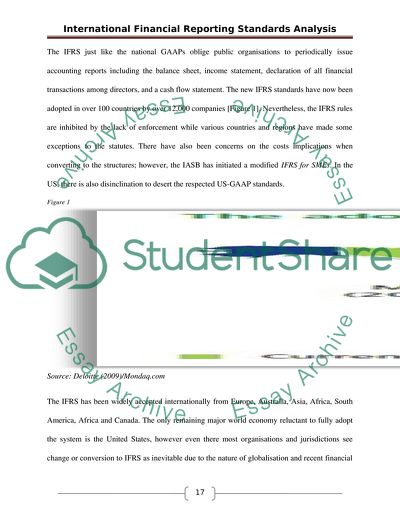Cite this document
(Standards cannot Resolve All the Problems which Financial Analysts Research Paper, n.d.)
Standards cannot Resolve All the Problems which Financial Analysts Research Paper. Retrieved from https://studentshare.org/finance-accounting/1737052-international-financial-reporting-standards-cannot-resolve-all-the-problems-which-financial-analysts-have-to-deal-with-discuss
Standards cannot Resolve All the Problems which Financial Analysts Research Paper. Retrieved from https://studentshare.org/finance-accounting/1737052-international-financial-reporting-standards-cannot-resolve-all-the-problems-which-financial-analysts-have-to-deal-with-discuss
(Standards Cannot Resolve All the Problems Which Financial Analysts Research Paper)
Standards Cannot Resolve All the Problems Which Financial Analysts Research Paper. https://studentshare.org/finance-accounting/1737052-international-financial-reporting-standards-cannot-resolve-all-the-problems-which-financial-analysts-have-to-deal-with-discuss.
Standards Cannot Resolve All the Problems Which Financial Analysts Research Paper. https://studentshare.org/finance-accounting/1737052-international-financial-reporting-standards-cannot-resolve-all-the-problems-which-financial-analysts-have-to-deal-with-discuss.
“Standards Cannot Resolve All the Problems Which Financial Analysts Research Paper”, n.d. https://studentshare.org/finance-accounting/1737052-international-financial-reporting-standards-cannot-resolve-all-the-problems-which-financial-analysts-have-to-deal-with-discuss.


